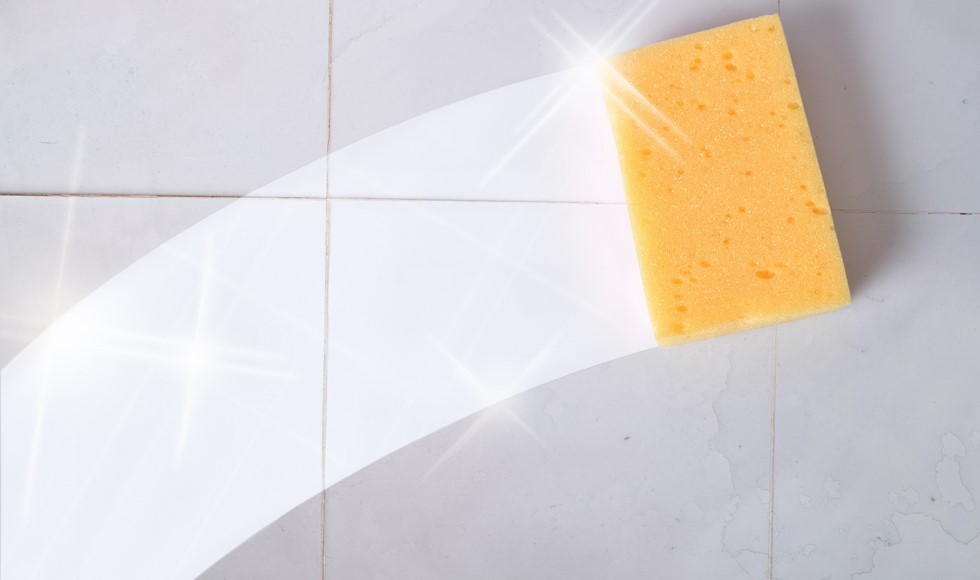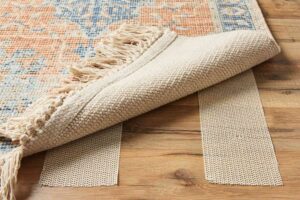
Unveiling the Brilliance: The Best Way to Clean a Tile Shower
Introduction
A tile shower is not only a functional part of your bathroom but also a focal point that adds to the aesthetic appeal of the space. Over time, soap scum, hard water stains, and grime can accumulate, diminishing the brilliance of your tiles. In this comprehensive guide, we’ll explore the best methods and tips for cleaning a tile shower, ensuring it stays sparkling clean and inviting.
I. Understanding Tile Types
1. Ceramic Tiles:
Ceramic tiles are a popular choice for showers due to their durability and water-resistant properties. They come in various finishes, including glazed and unglazed.
2. Porcelain Tiles:
Porcelain tiles are known for their strength and resistance to moisture. They are an excellent choice for shower walls and floors, offering durability and a polished appearance.
3. Natural Stone Tiles:
Natural stone tiles, such as marble, granite, or slate, add a touch of luxury to showers. However, they require specific care to prevent damage from harsh cleaners.
II. Essential Cleaning Tools and Supplies
1. Soft Bristle Brush:
A soft-bristle brush is effective for scrubbing tiles and grout without causing damage. Choose a brush with nylon or natural bristles.
2. White Vinegar:
White vinegar is a natural cleaner with mild acidity, making it effective against soap scum and hard water stains. It also helps disinfect surfaces.
3. Baking Soda:
Baking soda is an excellent abrasive cleaner that helps remove stubborn stains and grime. It also acts as a natural deodorizer.
4. Mild Dish Soap:
A mild dish soap is gentle on tiles while effectively cutting through grease and soap scum. Choose a soap that doesn’t contain harsh chemicals.
5. Hydrogen Peroxide:
Hydrogen peroxide is a mild disinfectant and stain remover. It’s safe for most tiles but should be tested on a small, inconspicuous area first.
III. Best Way to Clean Ceramic and Porcelain Tile Showers
1. Regular Maintenance:
Preventive maintenance is key. Wipe down the tiles and grout regularly to remove soap scum and prevent the buildup of grime.
2. Vinegar and Water Solution:
Mix equal parts white vinegar and water in a spray bottle. Spray the solution on tiles and grout, let it sit for a few minutes, and scrub with a soft brush. Rinse thoroughly.
3. Baking Soda Paste:
Create a paste using baking soda and water. Apply the paste to stubborn stains or grout lines, scrub gently, and rinse.
4. Dish Soap and Water:
For routine cleaning, a mixture of mild dish soap and water works well. Apply with a sponge or soft cloth, scrub lightly, and rinse.
5. Hydrogen Peroxide and Baking Soda:
Combine hydrogen peroxide and baking soda to form a paste. Apply the paste to stains or grout lines, scrub, and rinse. Test on a small area first.
IV. Cleaning Natural Stone Tile Showers
1. Gentle Cleaning Solutions:
Natural stone tiles require more delicate care. Use pH-neutral or stone-specific cleaners to avoid damaging the stone’s surface.
2. Avoid Acidic Cleaners:
Acidic cleaners, such as vinegar or citrus-based cleaners, can etch and damage natural stone. Stick to stone-approved products to preserve the stone’s integrity.
3. Soft Cloth or Sponge:
Use a soft cloth or sponge for cleaning to prevent scratches. Avoid abrasive brushes or scouring pads that may harm the stone surface.
4. Sealing the Stone:
Regularly seal natural stone tiles to protect them from water damage and stains. Follow the manufacturer’s recommendations for the specific type of stone.
V. Tips for Tackling Stubborn Stains
1. Grout Stains:
Mix baking soda and water to form a thick paste. Apply the paste to stained grout, scrub with a soft brush, and rinse. For persistent stains, consider a commercial grout cleaner.
2. Mold and Mildew:
Address mold and mildew promptly. Mix hydrogen peroxide and water in equal parts, spray on affected areas, let it sit, and scrub. Ensure proper ventilation to prevent future growth.
3. Hard Water Stains:
White vinegar is effective against hard water stains. Apply undiluted vinegar to the stains, let it sit for a few minutes, scrub, and rinse.
4. Soap Scum:
A mixture of dish soap and water is effective for removing soap scum. Apply the solution, scrub gently, and rinse thoroughly.
VI. Preventive Measures for a Cleaner Shower
1. Ventilation:
Ensure proper ventilation in the bathroom to reduce humidity. Adequate ventilation helps prevent mold and mildew growth.
2. Squeegee After Use:
Incorporate a squeegee into your post-shower routine. Wipe down the tiles and glass to remove excess water, preventing soap scum and hard water stains.
3. Use Shower Mats:
Place shower mats in high-traffic areas to catch excess water and prevent water from pooling on the tiles. This helps reduce the risk of mold growth.
4. Regular Sealing:
If your shower tiles are porous, regularly seal them to create a protective barrier against stains and moisture.
Frequently Asked Questions:
1. Can I use bleach to clean my tile shower?
While bleach can be effective against mold and mildew, it may damage grout and certain tile types. Test in a small area first and dilute according to instructions.
2. How often should I clean my tile shower?
Regular maintenance, such as wiping down surfaces and using a squeegee, should be done after each use. A more thorough cleaning can be done weekly or as needed.
3. Can I use a steam cleaner on tile showers?
Steam cleaners can be effective for cleaning tile and grout. Ensure your tiles are suitable for steam cleaning, and follow the manufacturer’s recommendations.
4. What’s the best way to prevent mold in a tile shower?
Ensure proper ventilation, regularly clean the shower, and promptly address any water leakage or pooling. Using mold-resistant caulk and regularly applying a mixture of hydrogen peroxide and water can help prevent mold.
5. Can I use vinegar on natural stone tiles?
Avoid using vinegar on natural stone, as it can damage the surface. Stick to pH-neutral or stone-specific cleaners recommended for natural stone.
6. How do I clean textured tiles in the shower?
Use a soft brush or an old toothbrush to clean textured tiles. Ensure the brush reaches into crevices to remove dirt and grime.
7. What’s the best way to clean grout in a tile shower?
A mixture of baking soda and water, or a commercial grout cleaner, can be effective. Scrub the grout lines with a soft brush to remove stains and discoloration.
8. Can I use a pressure washer to clean tile showers?
While pressure washers can be effective, they should be used with caution. Ensure your tiles are durable enough to withstand pressure washing, and maintain a safe distance to prevent damage.
9. What causes a musty smell in the shower?
A musty smell can indicate mold or mildew growth. Thoroughly clean the shower, address any leaks, and ensure proper ventilation to eliminate the odor.
10. How can I maintain the shine on my shower tiles?
Regular cleaning and preventive measures, such as using a squeegee and sealing porous tiles, can help maintain the shine. Avoid using abrasive cleaners that may dull the surface.
Conclusion: Showering in Brilliance
A clean and well-maintained tile shower enhances the overall ambiance of your bathroom, creating a space that is both functional and visually appealing. By understanding the type of tiles you have and employing the right cleaning methods and preventive measures, you can ensure that your tile shower continues to sparkle, inviting you to indulge in moments of relaxation and rejuvenation.


